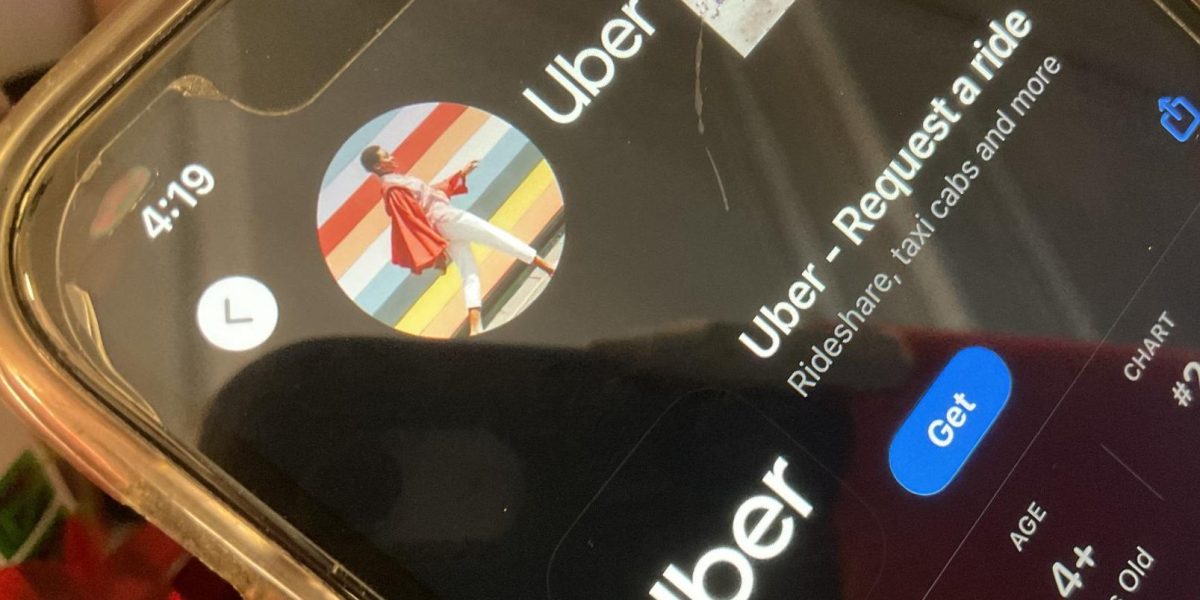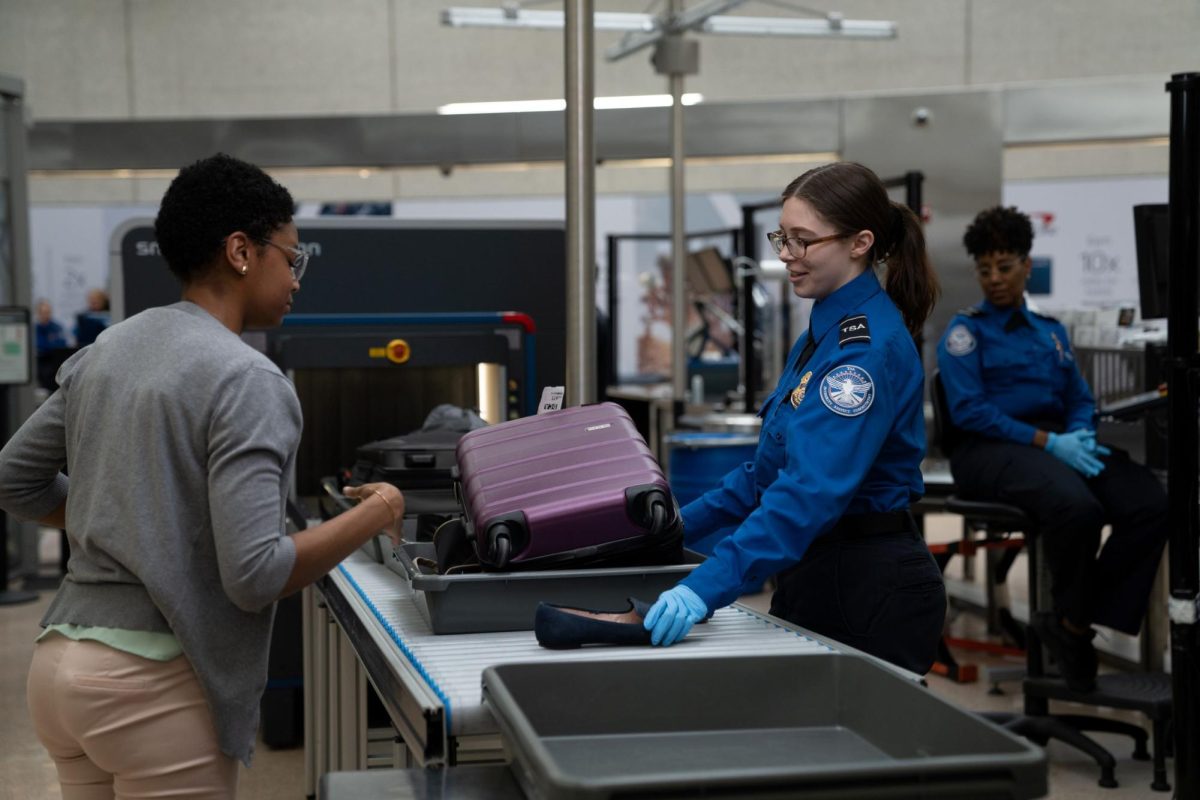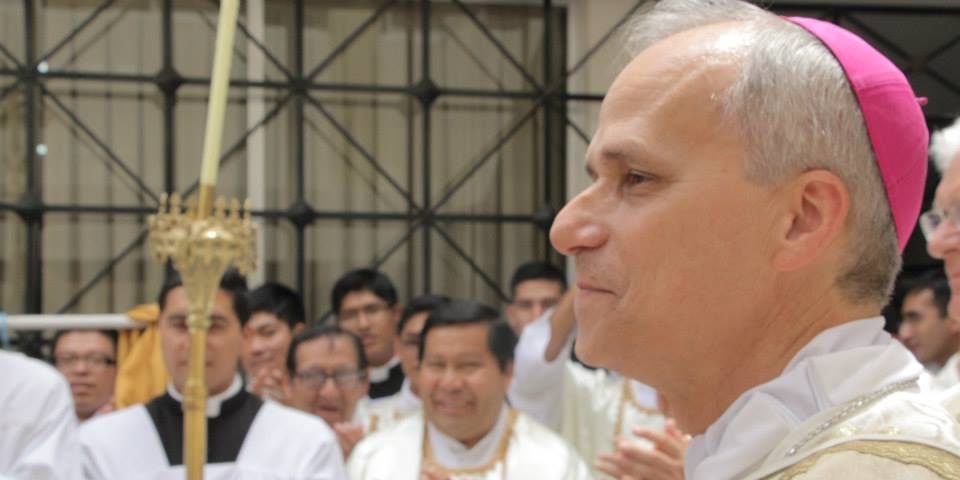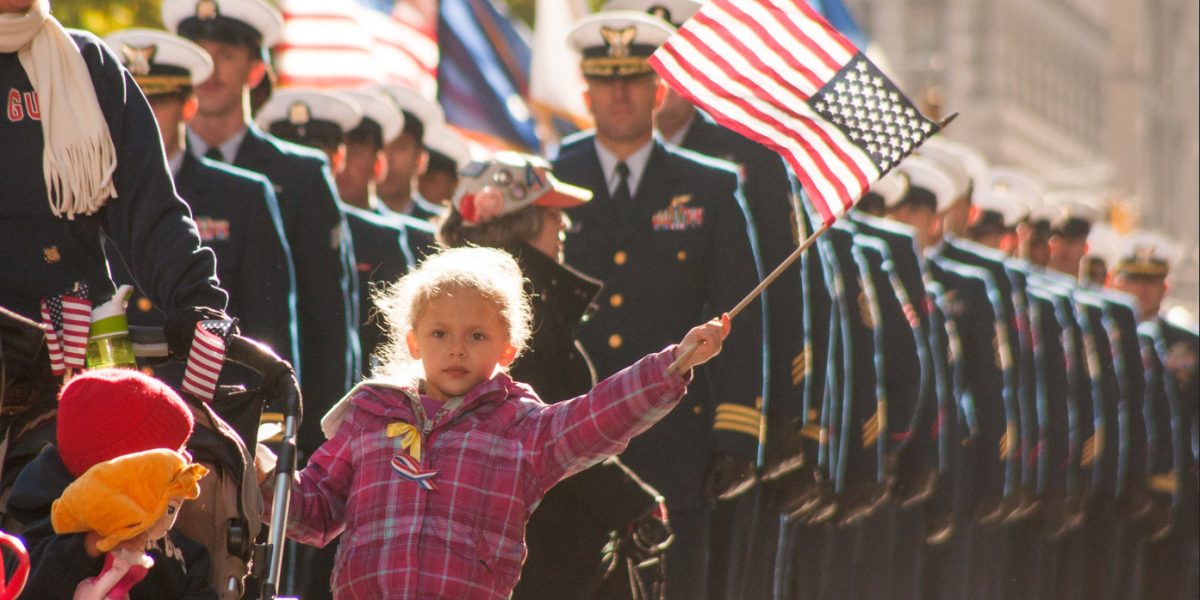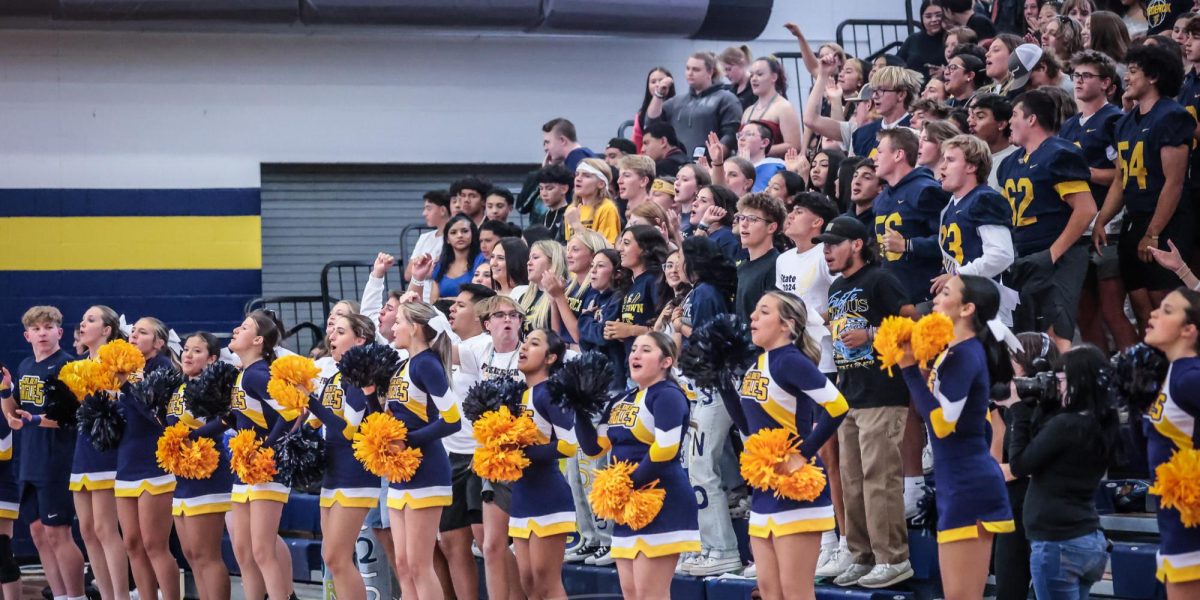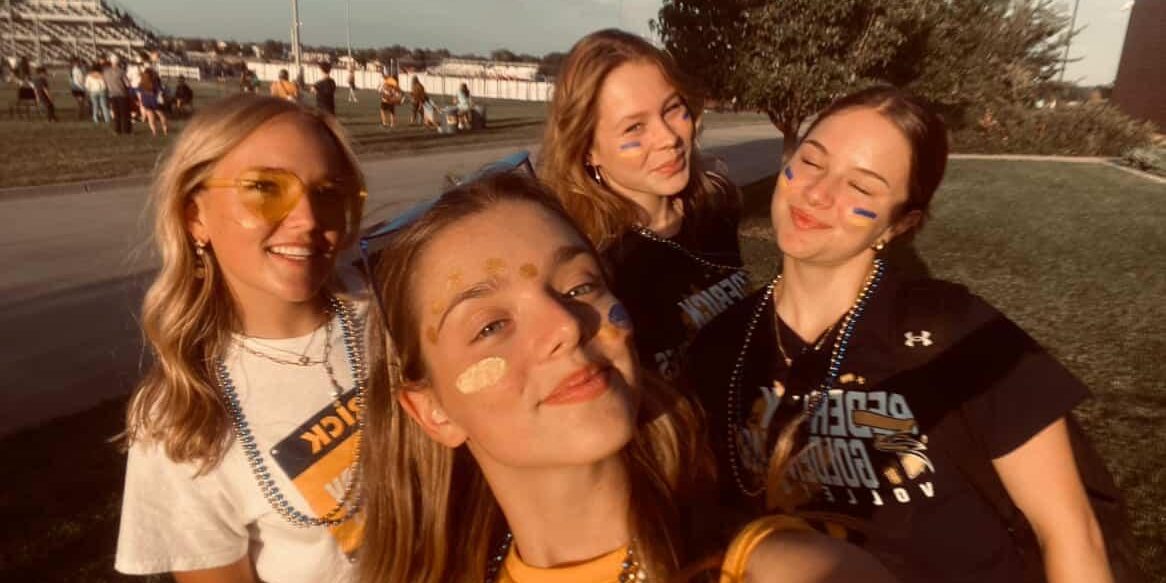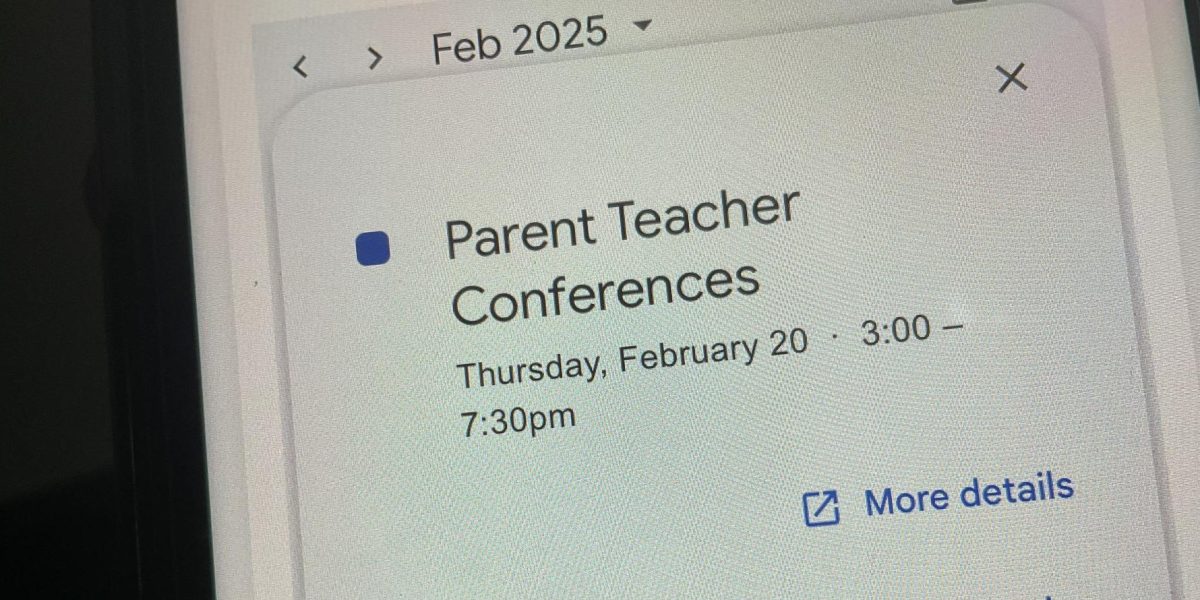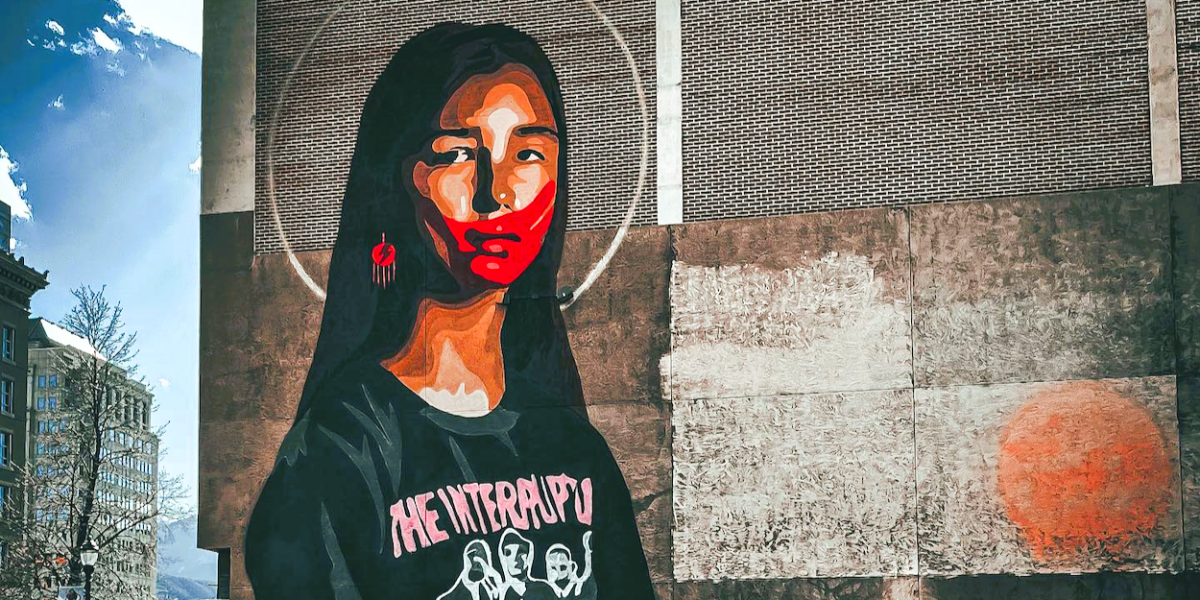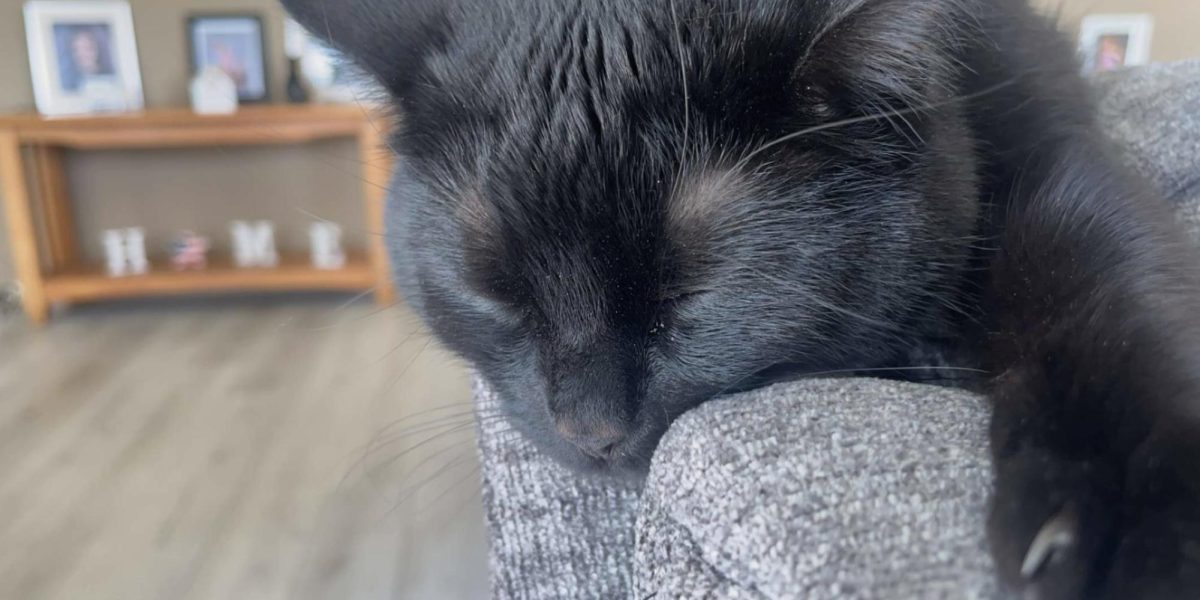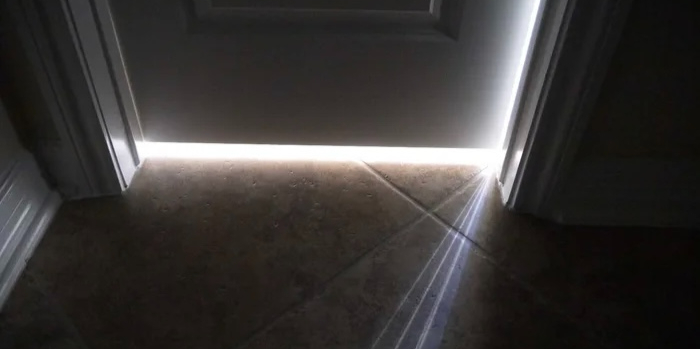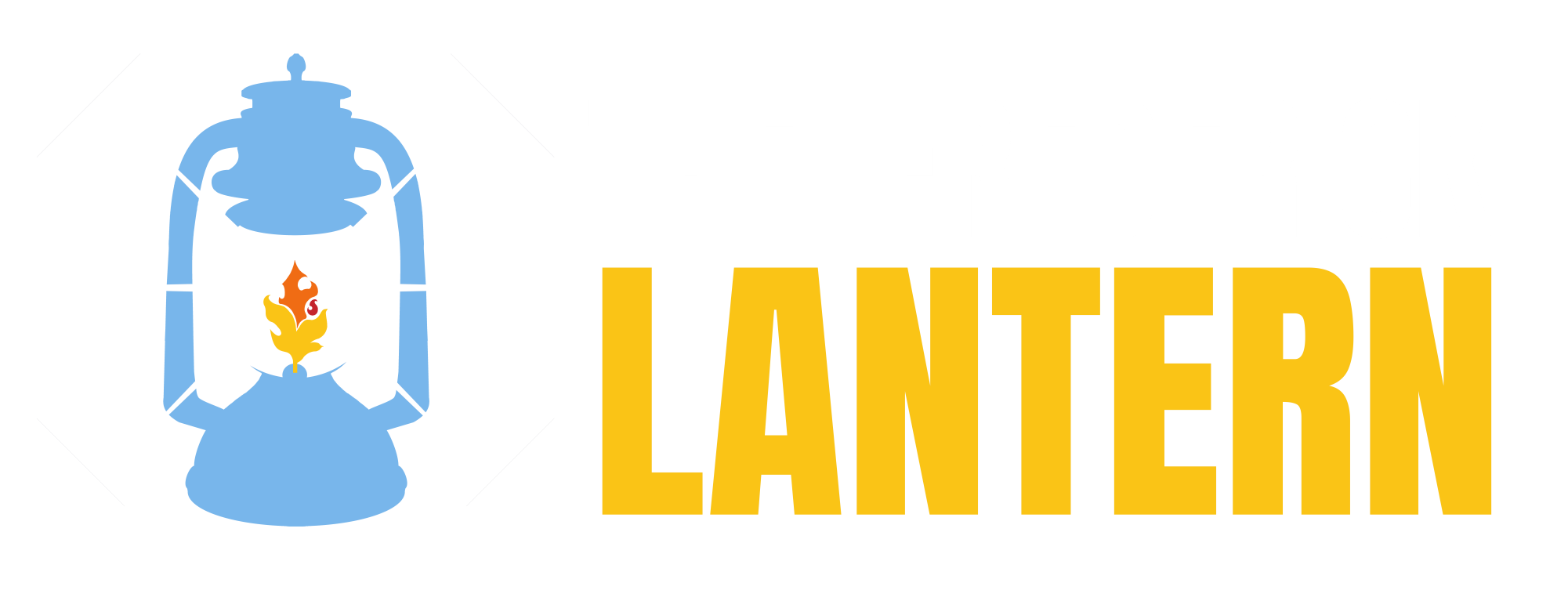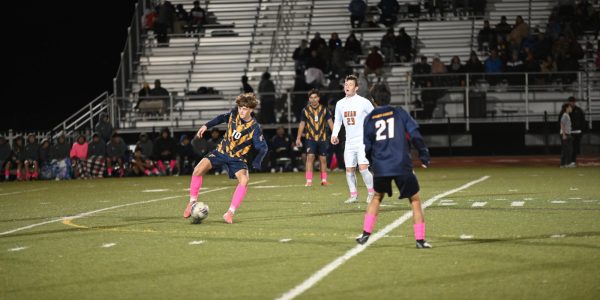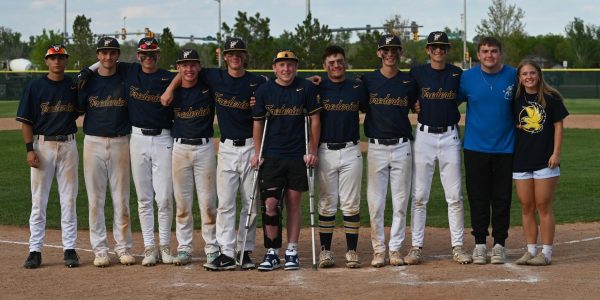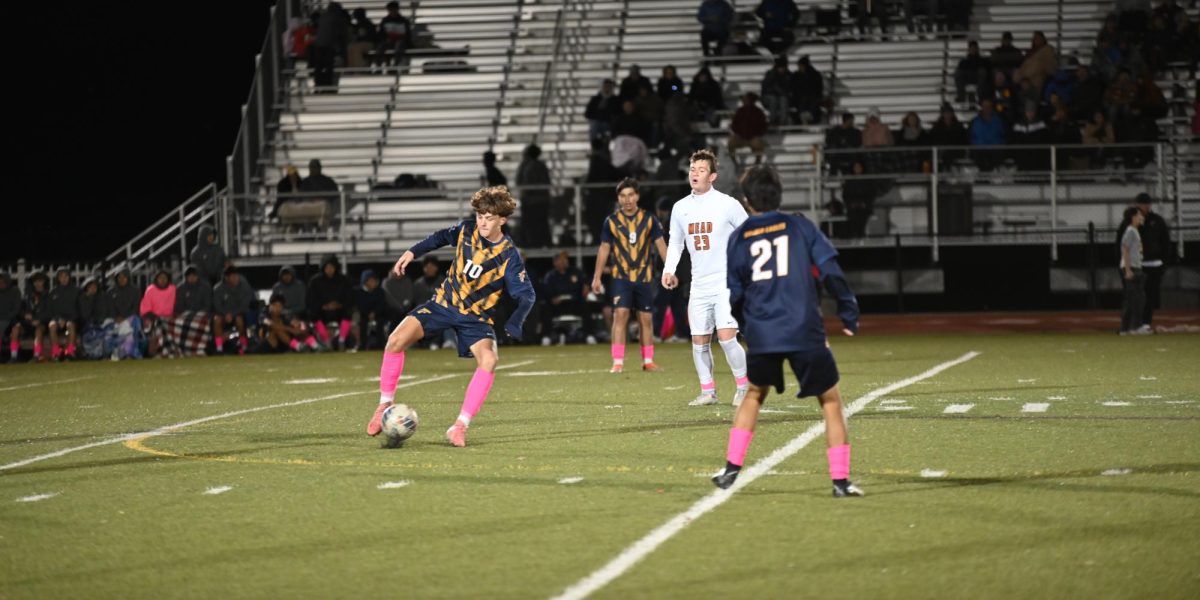Colorado Allows College Athletes to Cash In
Governor Polis signs bill that allows college athletes to profit off their self-image
April 17, 2020
For decades, college athletes have been dependent on scholarships, loans, or family money to get them through college, as unlike professional athletes, the NCAA does not allow student-athletes to profit off their own image. This means college stars that are required to meet fans at sports conferences and who are playable characters in EA’s NCAA video games don’t make a dime off their success–they can’t even accept a free lunch without losing their contract. Colorado has goals to change that.
On March 20, Colorado Governor, Jared Polis signed Senate Bill 123 into law, which allows college athletes to profit off of their own name, images, and likeness. The law is intended to go into effect on January 1, 2023. The bill, which had bipartisan support and passed easily through Colorado’s House and Senate, makes Colorado the second state in the nation to allow student-athletes to accept gifts and sign endorsement deals.
California was the first state to pass a similar bill in September 2019, after the National Collegiate Athletics Association (NCAA) initially challenged the bill because it was declared “unconstitutional.” However, now that Colorado has passed this bill and more than 20 other states are currently in the process of passing similar bills, the NCAA has voted unanimously to “reconsider updates by relevant bylaws and policies” regarding athletes names and images. Notably, the Colorado law will go into effect at the beginning of 2023 to give the NCAA time to challenge the bill in court if they decide to do so.
Giving Athletes Their Due
Supporters of this bill say that it is long overdue. Student-athletes are part of a college’s advertising campaigns and a winning team or star athlete can bring in millions of dollars to a school through both game attendance and recruitment. Schools use their popular athletes as leverage to bring in future athletes, which in turn, benefits the school by filling seats in the stadiums as well as in the classrooms. The colleges and NCAA require athletes to not only attend all games but also to practices and media events, leaving little time for actual studying. These athletes are treated like professional athletes in every way but one: compensation.
This bill will change that equation, as college athletes will finally be paid for what they do. This will result in thousands of dollars for top-tier athletes, which is still just a drop in the bucket for the multi-billion college sports industry. For example, CBS Sports pays close to 1.1 billion dollars to broadcast March Madness every year, making it one of the most-watched sporting events in the United States. This money funnels directly to the NCAA and participating colleges, but with this bill, Colorado college athletes participating in March Madness can also share in the profits of the broadcast rights and any associated merchandising.
This profit sharing is only fair, as many college athletes suffer from career-ending injuries like torn ligaments on the basketball court or brain damage on the football field. Professional athletes who suffer from the same injuries can afford the proper recovery and care, as they have already made millions of dollars throughout their careers. However, unpaid collegiate athletes have to rely on often inadequate insurance and have to shoulder any additional medical debt. One of the reasons this bill passed through the colorado legislature was to prevent this occurrence in the future by allowing athletes a financial safety net through likeness and endorsement profits.
Why This Change Isn’t a Slam Dunk
Still, this bill is not without its critics. One of the most common arguments against this profit sharing is that most student-athletes are already granted scholarships before attending college. Some schools even include other benefits like free tuition, housing, books, and other needs covered when granted a full-ride scholarship. For a single athlete, this can add up to $65,000 per year. These student-athletes are better off financially than most students who are attending without a scholarship, and many graduate with no debt to pay. Supporters of the new law are quick to comment that not every college athlete receives a scholarship or other tuition benefits, and scholarships can be easily lost if a student can no longer play due to injury or academic ineligibility (which is common for athletes, some of whom spend over 80 hours a week in practice, training, playing, and required press events). Yet the fact remains that the majority of these athletes are already receiving a financial benefit.
Paying college athletes also brings up the issue of pay disparity between players. In the professional world, athletes sign contracts to join teams for different amounts as negotiated by agents. It’s a business, and some players being more valuable than others is accepted as normal. This is not the case for colleges, however, which have long been held as places where players only participate “for the love of the game.” If college athletics become a business, there are countless rules that need to be determined and applied to create fair play structures. Football and basketball are bigger sports than tennis or swimming, so should their players get paid more? One player could sit on the bench the whole season while another player never sees the bench–should they both get the same pay? If an athlete gets injured and they miss games, can they still get paid? What about if they become academically ineligible? Questions like these need to be answered before players can be paid, and both the NCAA and colleges will have to decide who determines what rules apply. Given that the NCAA does not allow in student payment but Colorado now will independently, what rules apply to which athletes may soon become messy.
There is also the issue of sportsmanship that comes up with athlete pay. Pay disparity between players on the same team could hurt their teamwork on the field or court, pay disparity between different sports could cause resentment within a college program, and pay disparity between schools may cause rude and unsportsmanlike conduct between a team that’s being paid (such as a Colorado team) and a team that isn’t (like one from another state). This is why the NCAA exists in the first place: to prevent separation and put every college on a level playing field. Without universal guidelines across the country, the level playing field is gone. To their credit, Colorado politicians discussed this at length and are hoping that, in the three years before the bill becomes law, they can work with the NCAA and other states to make sure a level playing field is maintained.
What the Future May Hold
One of the most unintended consequences of this bill may be within the intensity and thrill of college sports. College sports are some of the most competitive types of gaming, as every participant is hoping to be discovered and signed professionally. Collegiate athletes are hungry to prove that they are the best of the best, by pushing themselves to their limit and sometimes even over their limit. It is possible that once the athletes start getting paid, they will no longer push themselves as hard, and competitive play will begin to drop. This is seen as a benefit by some, as it will result in fewer injuries. But what these people are forgetting is that injuries come from the same place as exciting wins and harrowing plays: from taking a big risk for the team. It stands to reason an athlete who is already making money of their playing would not want to run the risk of getting injured before getting to the pro leagues. This means college games will not be as exciting, which in turn may make them less profitable as fans turn toward games with more stakes.
It’s hard to predict what will come of this law. With nearly half the country working on similar laws, we may see an easy transition and an immediate benefit to all student athletes. We may also see the law challenged in the courts for years as schools struggle to create fair rules balancing the desire of keeping a level playing field and the recognition that some sports and players are more valuable than others. Regardless of the outcome, it will have a profound affect on the current student athletes of Frederick High School, as we will be in college or entering college when this law goes into effect. For good or for ill, we will face the effects of this law together.

